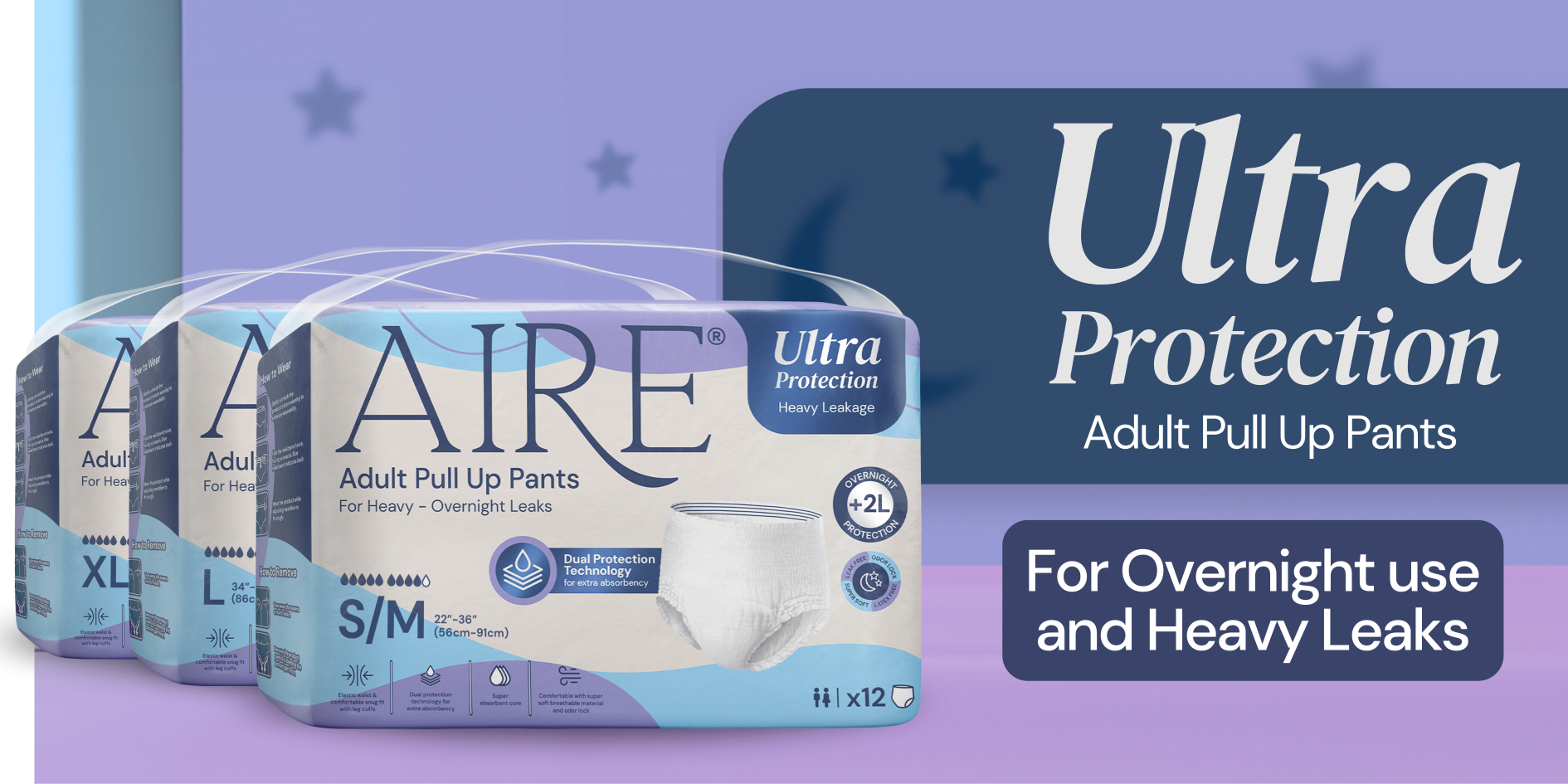Pregnancy and Incontinence
Pregnancy is an exciting and life-changing event for every mother. However, despite its excitement and anticipation, no mother can escape the challenges that come with carrying a child in their belly. One of these challenges comes in the form of incontinence - an involuntary leakage of urine. Incontinence is a common condition in pregnancy and usually happens during the postpartum period. While this can sound quite alarming, fortunately, there are many ways to control and manage this issue. In this article, we will delve deep into how pregnancy can cause incontinence while emphasizing on the many effective strategies that will deem helpful to many expectant mothers.
The Connection Between Pregnancy and Incontinence
Before we start, we must first understand how pregnancy can cause incontinence. Some of the main reasons are:
- Hormonal Changes: Pregnancy induces significant hormonal fluctuations, particularly an increase in progesterone. This hormone relaxes the muscles, including the pelvic floor muscles and the urethra. While this relaxation is essential for accommodating the growing fetus, it can also weaken the muscles responsible for controlling urination, leading to incontinence.
- Increased Pressure on the Bladder: As the baby grows, the expanding uterus exerts enormous pressure on the bladder. This pressure reduces the bladder's capacity to hold urine and increases the frequency and urgency of urination. The added weight also strains the pelvic floor muscles, further contributing to incontinence.
- Changes in the Pelvic Floor: The pelvic floor muscles support the bladder, uterus, and rectum. During pregnancy, these muscles undergo considerable stress to support the growing baby. This stress can weaken the pelvic floor, leading to stress incontinence, where urine leaks during activities that increase abdominal pressure, such as coughing, sneezing, or exercising.
- Childbirth Trauma: Vaginal delivery can stretch and sometimes damage the pelvic floor muscles and nerves. The risk of incontinence increases if the delivery involves interventions such as forceps or vacuum extraction. The trauma from childbirth can result in both stress incontinence and, in some cases, urge incontinence, where there is a sudden and intense urge to urinate.
Though some of these reasons are uncontrollable and hard to prevent, incontinence can still be controlled through lifestyle changes and even exercises. We have gathered a list of things you can do to control incontinence and even help you lead a healthier lifestyle. Some of those changes are:
-
Pelvic Floor Exercises (Kegels): Kegel exercises involve contracting and relaxing the pelvic floor muscles. Regularly practicing these exercises can strengthen the muscles that control urination. To find out more about Kegel exercises, we have written an article just specifically on how to perform them.
Click the link here! - Bladder Training: Bladder training involves gradually increasing the time between bathroom visits to improve bladder control. Start by scheduling bathroom visits every hour and slowly extend the interval by 15 minutes each week. This technique helps train the bladder to hold urine for longer periods.
- Maintaining a Healthy Weight: Excess weight can increase pressure on the bladder and pelvic floor. A healthy diet and regular, moderate exercise can help maintain an optimal weight during pregnancy, reducing the risk of incontinence.
-
Avoiding Bladder Irritants: Certain foods and drinks can irritate the bladder and exacerbate incontinence. Limit your intake of caffeine, spicy foods, carbonated beverages, and citrus fruits to help manage symptoms. To understand more about what foods to avoid or foods that help control incontinence, we have specifically written an article just for it!
Click the link here! - Hydration Balance: While it is important to stay hydrated during pregnancy, excessive fluid intake can increase urinary frequency. Drink adequate amounts of water, but avoid overhydration. Sipping water throughout the day, rather than consuming large quantities at once, can help maintain hydration without overwhelming the bladder.
- Wearing Absorbent Pads: Incontinence pads or liners can provide a sense of security and prevent embarrassing leaks. These products are designed to absorb urine and protect clothing, allowing you to go about their daily activities without fearing accidental leaks!
-
Prenatal Yoga: Yoga can help improve pelvic floor strength and overall flexibility. Certain poses, such as the cat-cow stretch and child’s pose, can alleviate pelvic pressure and strengthen the muscles supporting the bladder. We have also written an article talking solely on the topic of yoga and how it helps with incontinence.
Click this link to find out more! - Postpartum Care: Postpartum incontinence is common as the body recovers from childbirth. Continuing pelvic floor exercises, maintaining a healthy diet, and gradually returning to physical activity can aid in recovery. If incontinence persists beyond six weeks postpartum, consulting a healthcare provider is advisable.
When to Seek Medical Help
Commonly, experiencing incontinence during pregnancy is manageable with the right steps and lifestyle choices. However, there are instances where medical intervention is required. If you should seek medical help if you experience:
- Severe or persistent incontinence that interferes with daily activities.
- Pain or discomfort during urination.
- Blood in the urine.
- Symptoms of a urinary tract infection, such as burning sensation, frequent urination, and cloudy urine.
Healthcare providers can offer additional treatments such as physical therapy, medications, or in rare cases, surgical options to address incontinence.
Conclusion
Incontinence during pregnancy is a common and often temporary condition resulting from the body’s adaptation to support a growing baby. Understanding the connection between pregnancy and incontinence is the first step towards managing it effectively. By incorporating pelvic floor exercises, practicing bladder training, maintaining a healthy lifestyle, and seeking medical advice when necessary, pregnant women can reduce the impact of incontinence on their lives and enjoy a more comfortable pregnancy.
References:
- UTSouthwestern Medical Center - Tips to prevent involuntary urine leakage (incontinence) during and after pregnancy
- Pregnancy Birth & Baby - Bladder and bowel incontinence during pregnancy
- PubMed Central - Stress urinary incontinence in pregnant women: a review of prevalence pathophysiology, and treatment
- NCT - 10 Truths: leaking urine in pregnancy and after birth
- HSE - Urinary incontinence in pregnancy



